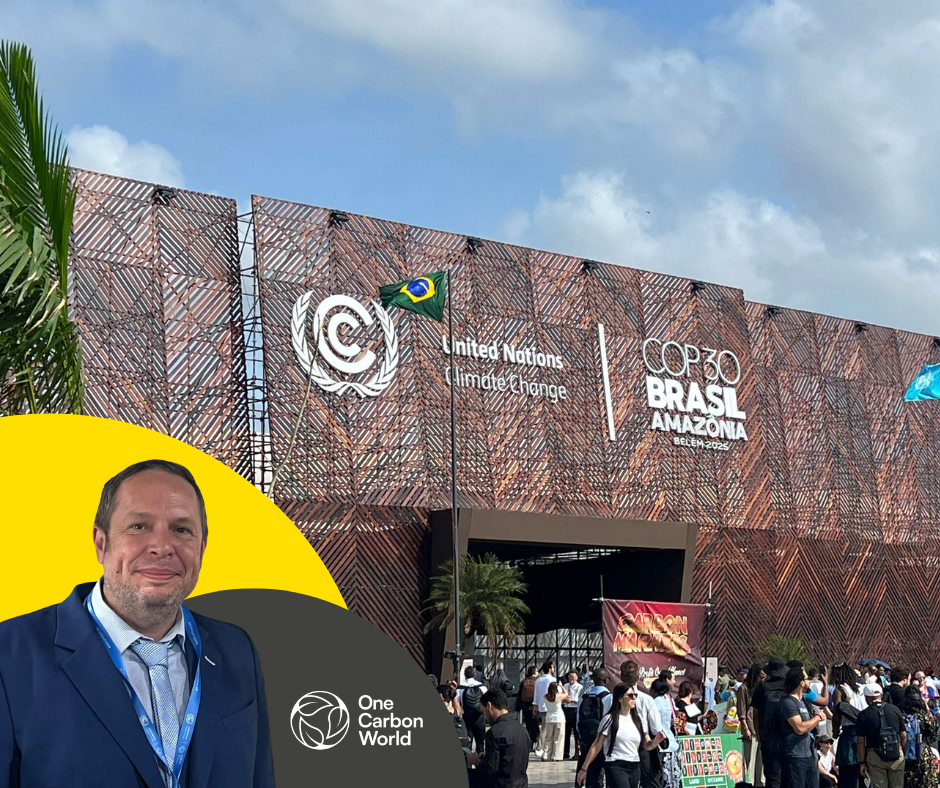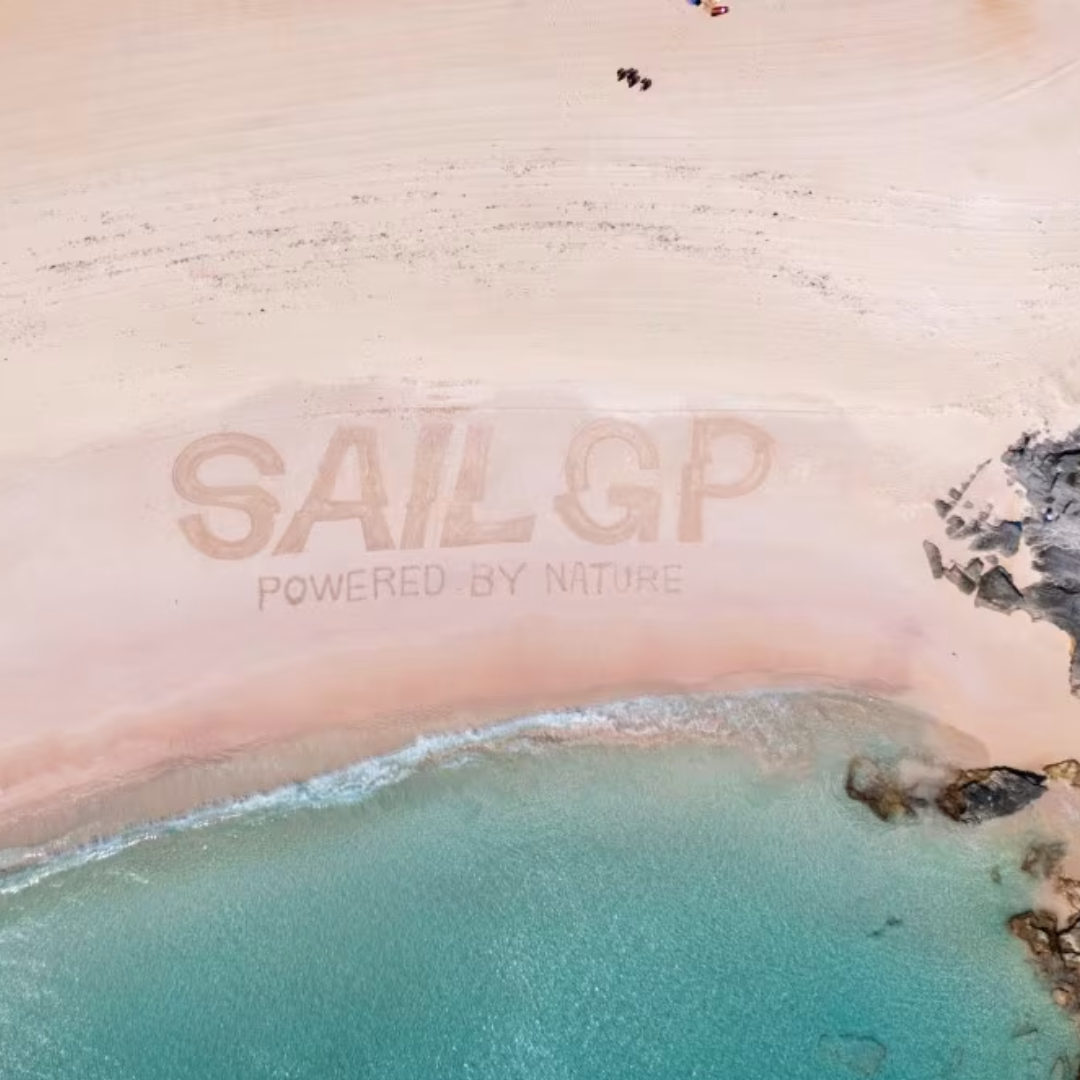Day 3 at COP30: Agriculture, Standards, Partnerships and Market Mechanisms
By Andrew Bowen, CEO of One Carbon World
 Watch Video
Watch Video
Day 3 at COP30 unfolded with a reminder that climate action is never just technical: it’s human, local, and deeply interconnected. Today’s conversations stretched from the fields of Uganda to global carbon-standards architecture, to the everyday realities of smallholder farmers and low-carbon transport. What united them was a single theme: resilience depends on collaboration.
Uganda’s Frontline: promoting resilient agricultural practices
This morning, I joined a session hosted by the Ugandan government and the Uganda Development Bank. It was a fascinating discussion.
Uganda’s economy depends heavily on rain-fed agriculture, and the shifting climate is already rewriting the rules. Speakers described how unpredictable rainfall is cutting into both crop and livestock productivity. Supply chains are feeling the strain. Household incomes are changing. The most vulnerable communities are the first to feel every shock. A figure that stayed with me: crop values could fall by up to 50% if adaptation is not accelerated.
Uganda’s emissions have increased significantly over the past decade (from 53 MtCO₂e in 2005 to 90 MtCO₂e in 2015), but the emphasis today wasn’t only on mitigation, it was also on protecting livelihoods. Development banks and the Global Environment Facility are actively supporting adaptation strategies, but the call from the panel was unmistakable: we need to move faster.
Walking out of that session, I felt renewed clarity. If agriculture falters, so do communities. And the climate community has a responsibility to help strengthen resilience from the ground up, literally.
OCW on the Big Screen at the UK Pavilion
A highlight of the day: OCW’s showreel was showcased across the main screens of the UK Pavilion: under Forests, Land & Oceans, and Energy.
Later in the day, at the UK Pavilion, I had the chance to listen in on a conversation about the challenges of supporting smallholder farmers in climate projects. It quickly turned into a broader discussion about creative approaches and the power of partnership. The energy in the room reminded me, once again, that collaboration (across sectors, organisations, and geographies) is often the key to scaling solutions that are both impactful and resilient.
CORSIA: The Aviation Market Signals a Shortage
To close out the day, I attended a session on CORSIA, the international aviation scheme designed to offset emissions growth. The rollout is accelerating:
- Voluntary phase completed
- First official phase underway
- Mandatory participation from 2027 for most states
- Analysts and colleagues agreed: there is likely to be a shortage of high-quality, CORSIA-eligible credits in the coming years. For nature-based, high-integrity projects, this could become a significant opportunity.
Looking Ahead
Day 3 reinforced something I’ve felt throughout COP30 so far: the climate transition won’t be delivered by technology alone, nor by policy alone, but by partnerships that bridge farmers, finance, governments, and innovators.
Whether we are talking about Uganda’s agricultural resilience or the global challenge of scaling smallholder participation, the solutions all point in the same direction: collaboration, integrity, and people at the heart.
Tomorrow, we go again, with more conversations, more listening, and more chances to build the kind of climate action that lasts.

Our Projects

Turning the Tides: How Sail GP is Redefining Climate Leadership in Sports
.png)
Farming for the Future: Sasini's Journey to Net Zero






